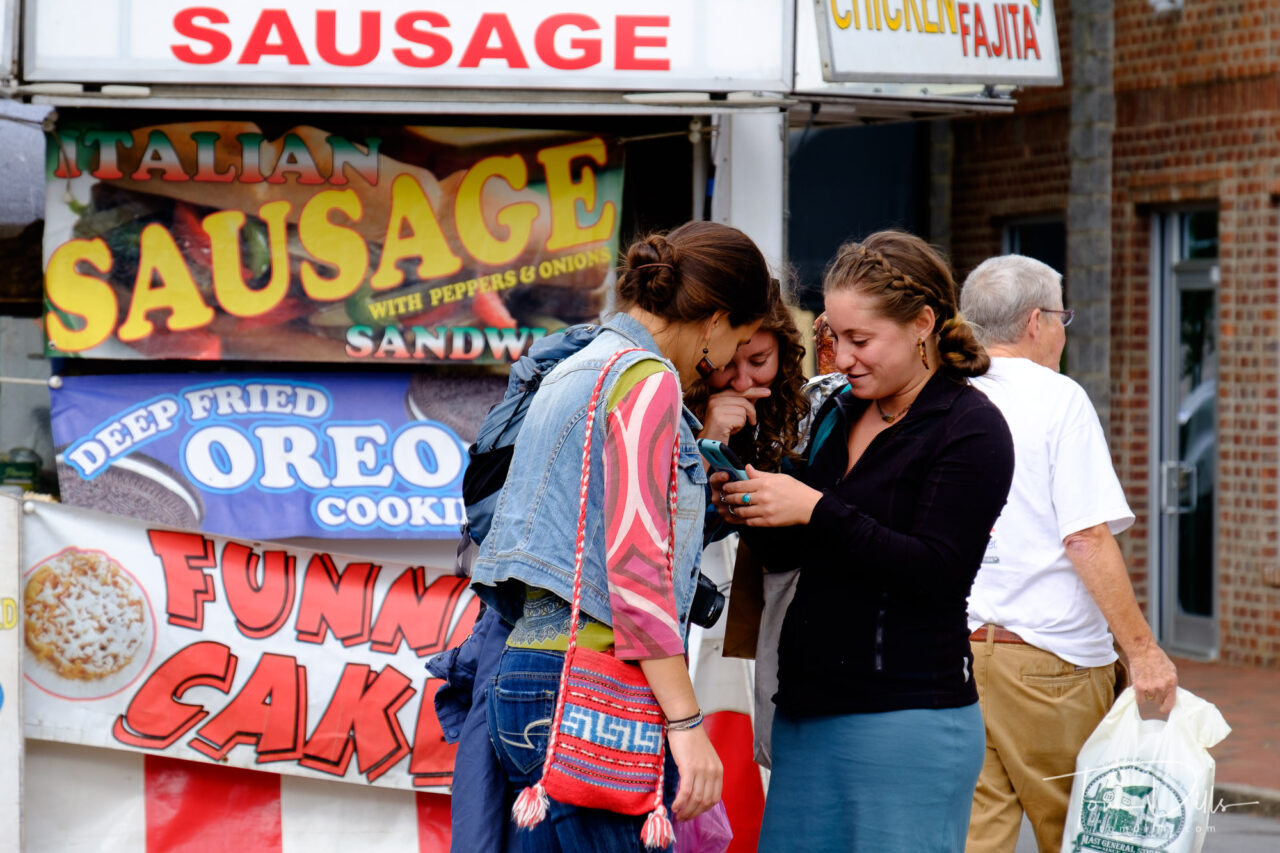
How many times have we seen it – a group of people taking pictures of some interesting scene or event with their phones, then showing their screens to each other as if to show off what they saw. But did they actually see the scene itself, or are they experiencing it only through their pictures? Will they only remember an event by looking at it on their phones? I wonder.
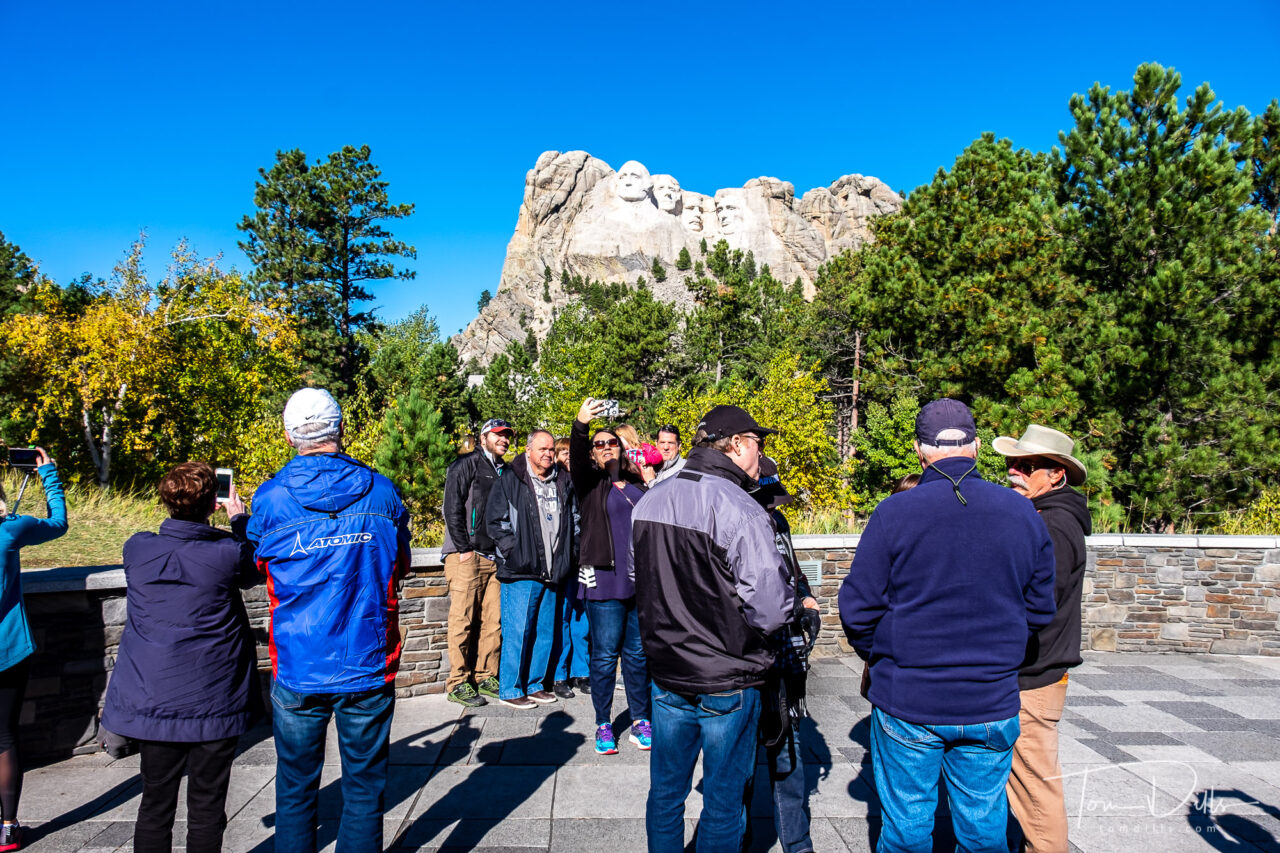
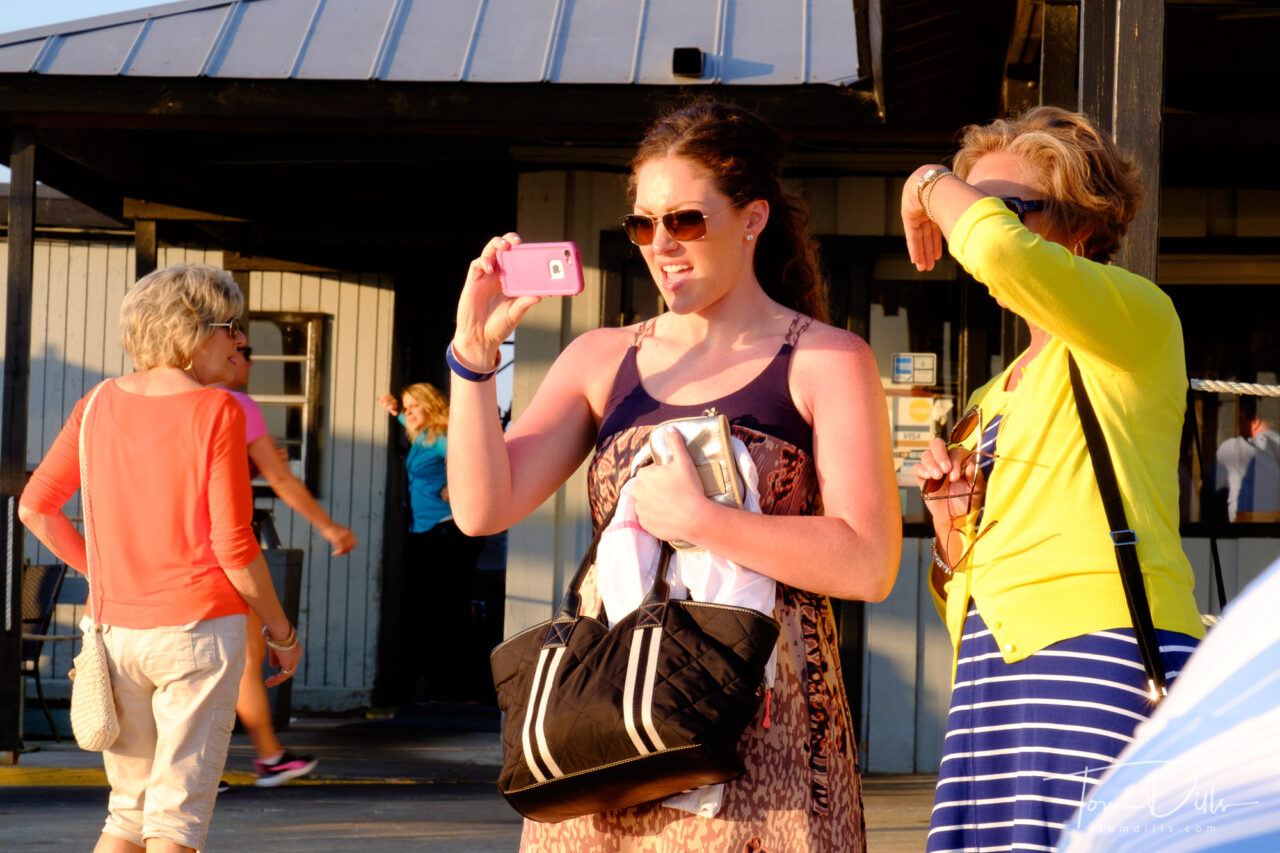
When our kids were growing up, back in the dark ages of film, camcorders were becoming “the thing” among cool parents. Dads walked around school events with their “mini-cams” on their shoulder, documenting the events like a White House cameraman during a press conference. Kathy & I resisted, preferring instead to experience the events through our eyes and remembering them in our memories. We have still pictures, sure, but don’t have boxes and boxes of videotape that will never be watched. But the memories are precious and remain in our minds.
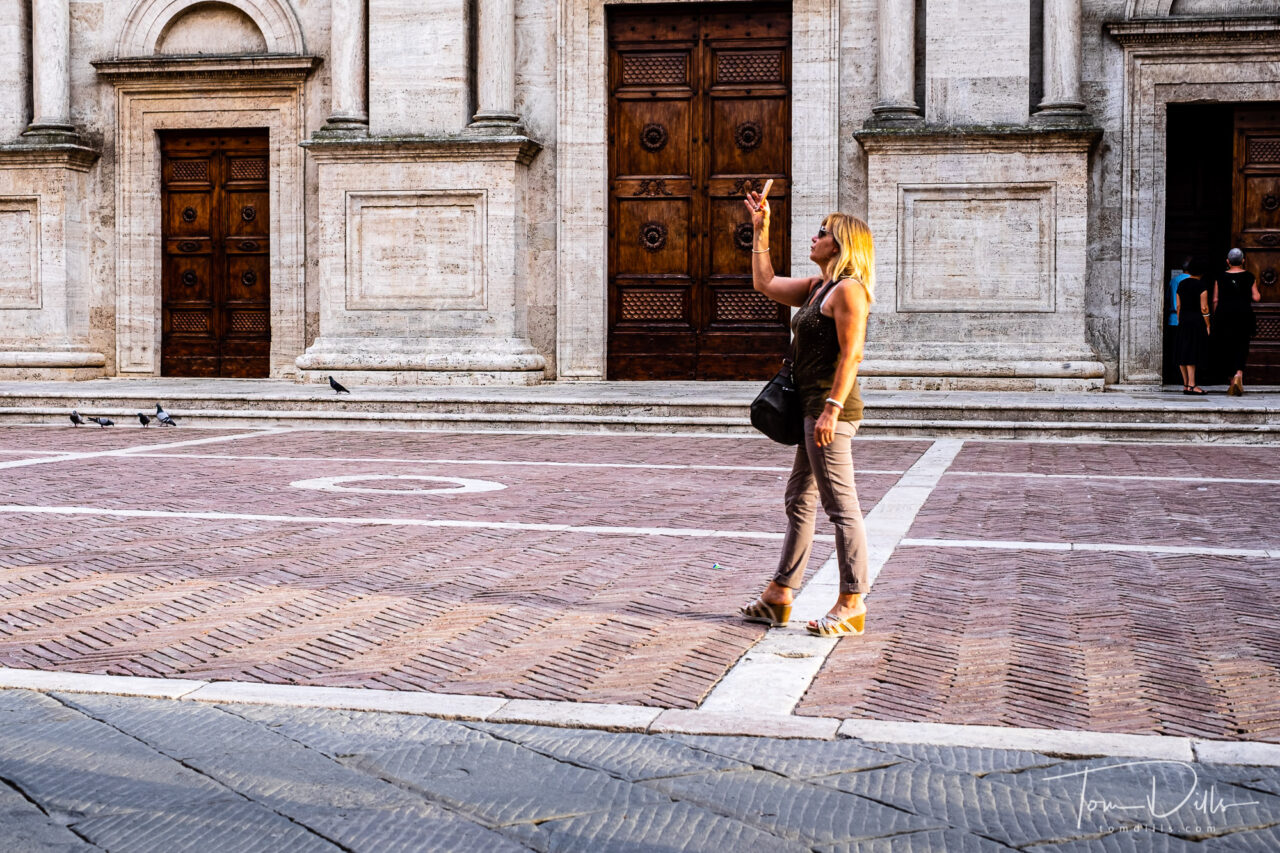
I just read an article in the New York Times titled “Is the Immediate Playback of Events Changing Children’s Memories?” In it, the writer recalls a piano recital given by her daughter. The writer’s mother recorded the performance on her phone, and as the mother went to replay it 30 minutes later, “When I saw my mother’s finger hovering over “play” on her phone, my daughter leaning over her shoulder, I stopped her: “You know what … let’s just let her enjoy the moment.”
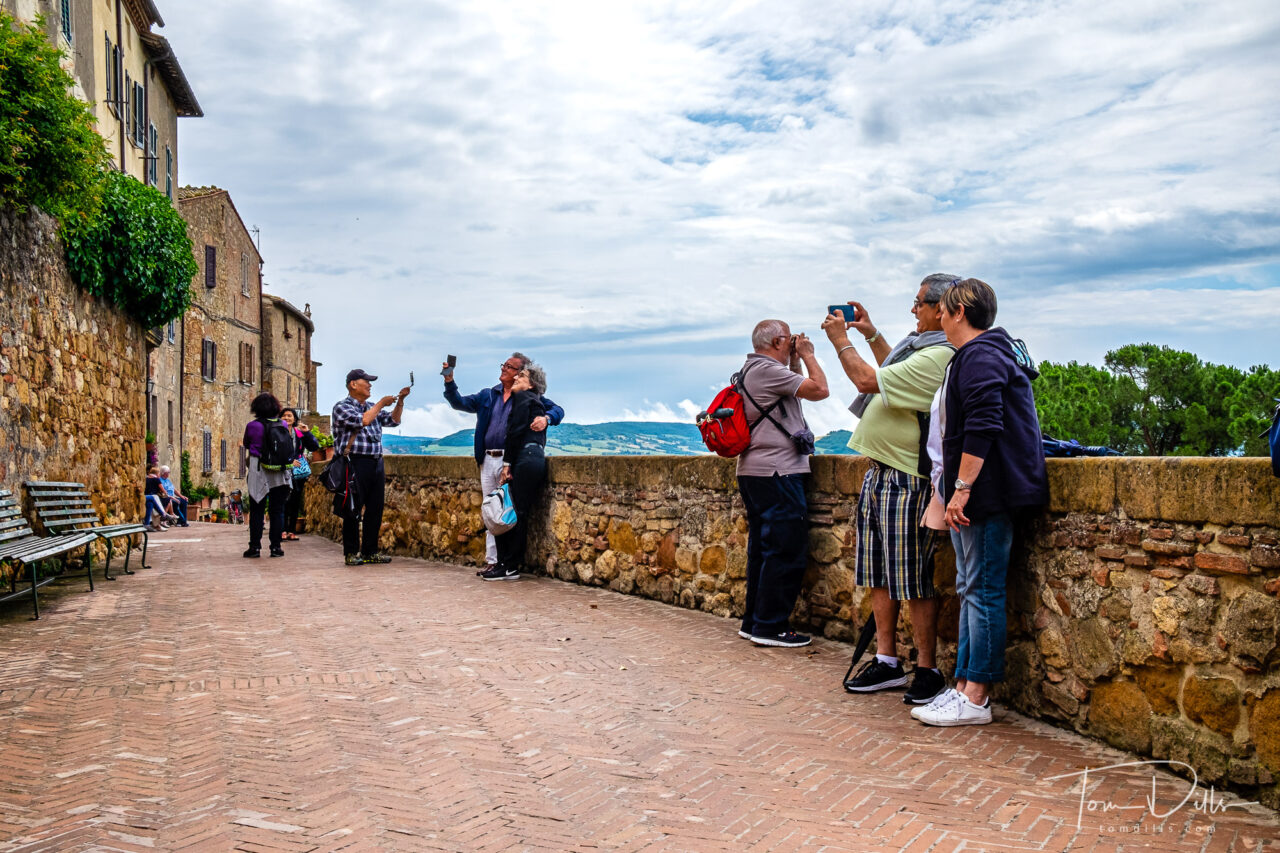
I think that sentiment applies to everyone, not just children. Having a camera with us all the time, whether a “real” camera or a phone, causes our initial reaction to something to be an urge to photograph it instead of just looking at it and enjoying the moment. It disconnects us instead of connecting us.
It’s an interesting article so I won’t repeat it here, other than the final paragraph:
“It’s been a week since my daughter’s performance. “I can’t believe it’s over!” she says twirling around the kitchen. She knows I have a video of the performance, but, interestingly enough, she hasn’t asked to see it, and I haven’t volunteered it. I think I’ll let us both remember it just as it was that night for now: raw and unfiltered, and from our own perspectives, perfect.”
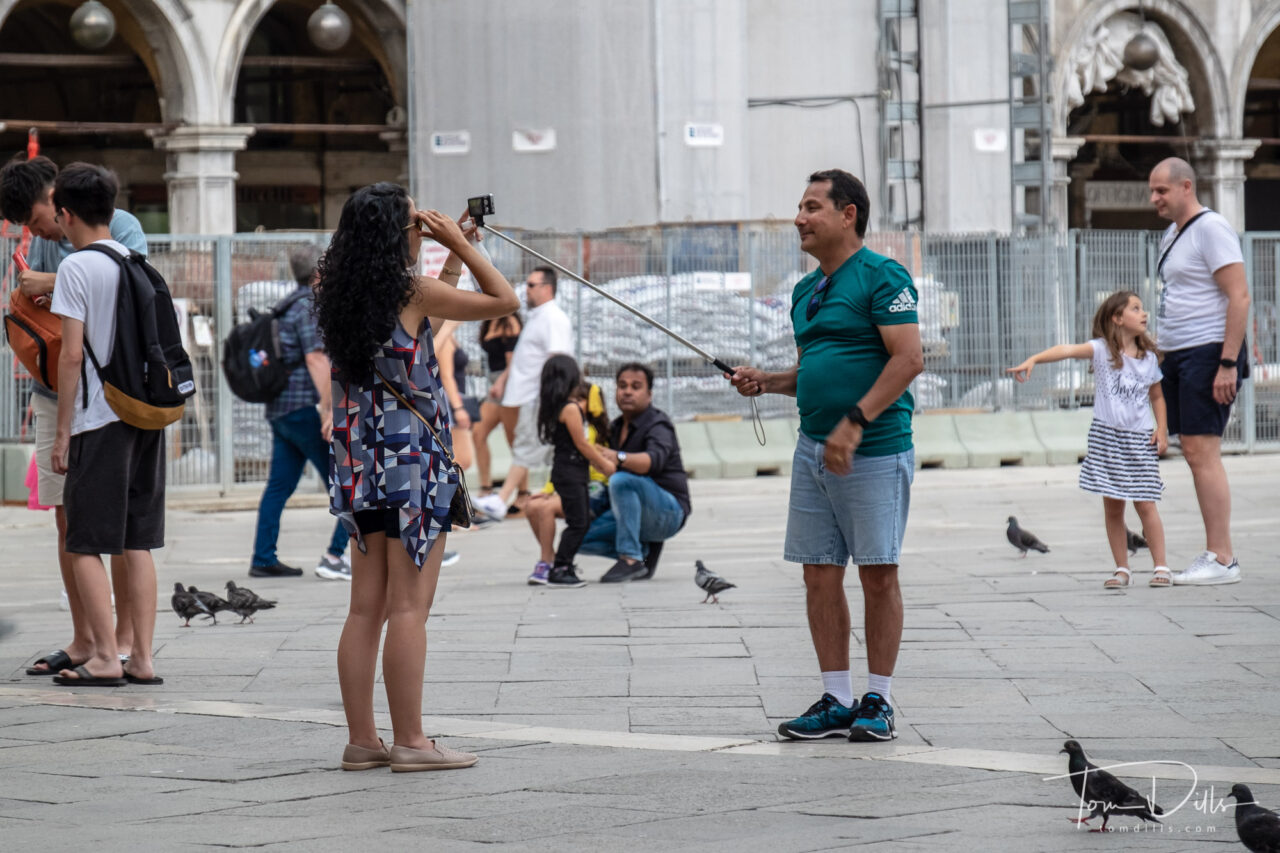
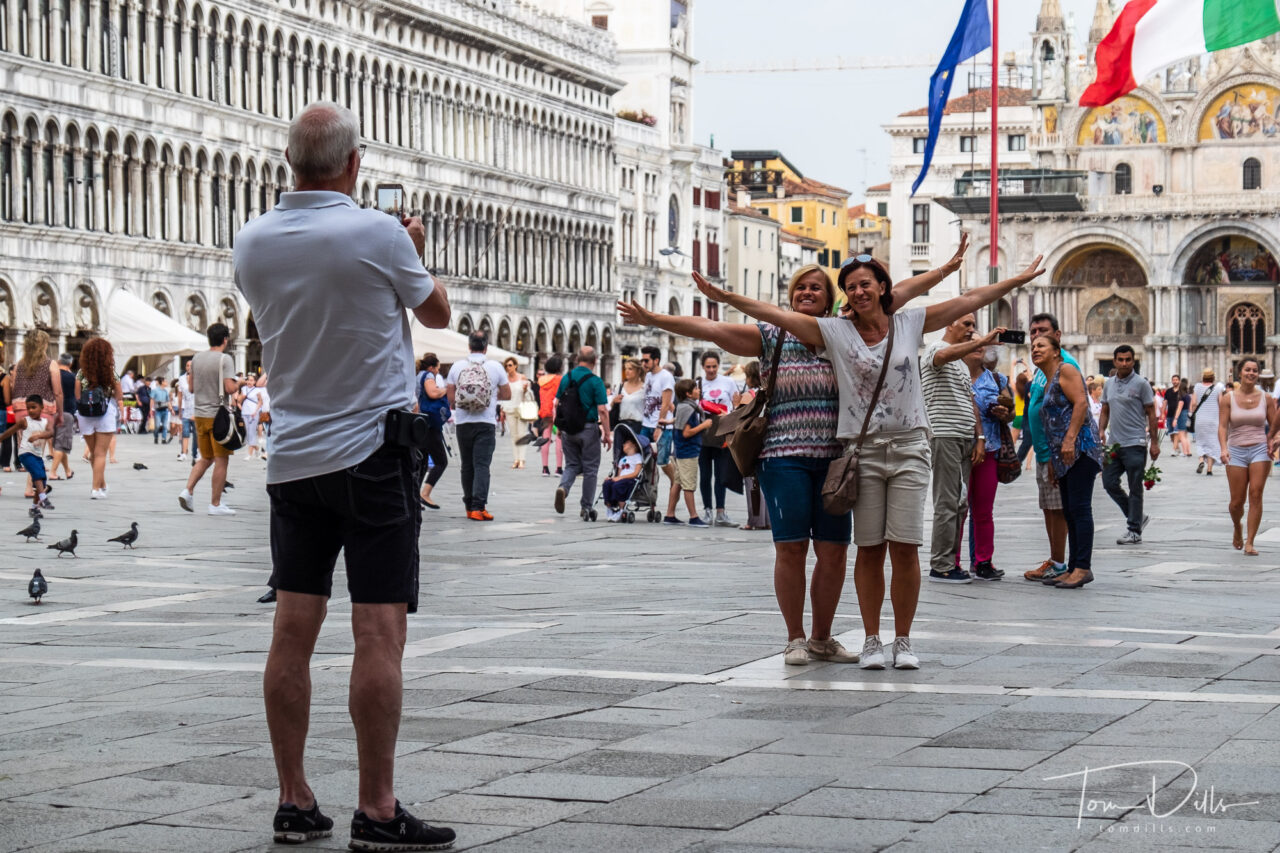
Think about that when we spend our time composing photographs through that little viewfinder or on that little screen. Remember to experience the world with our eyes, too. I’ve often told people that the quality of the photograph is less important than the quality of the memory. And that memory lives on long after the pixels are filed away on some hard drive.
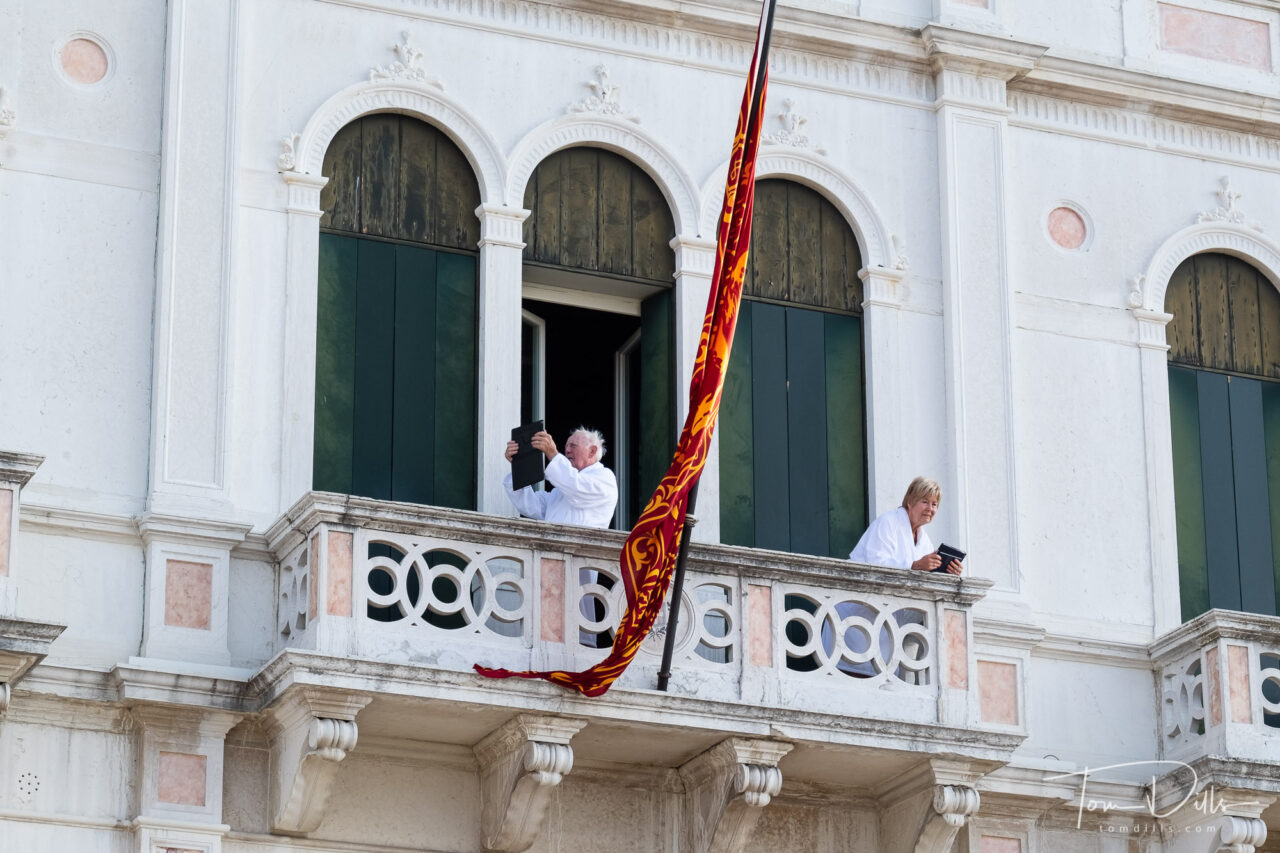
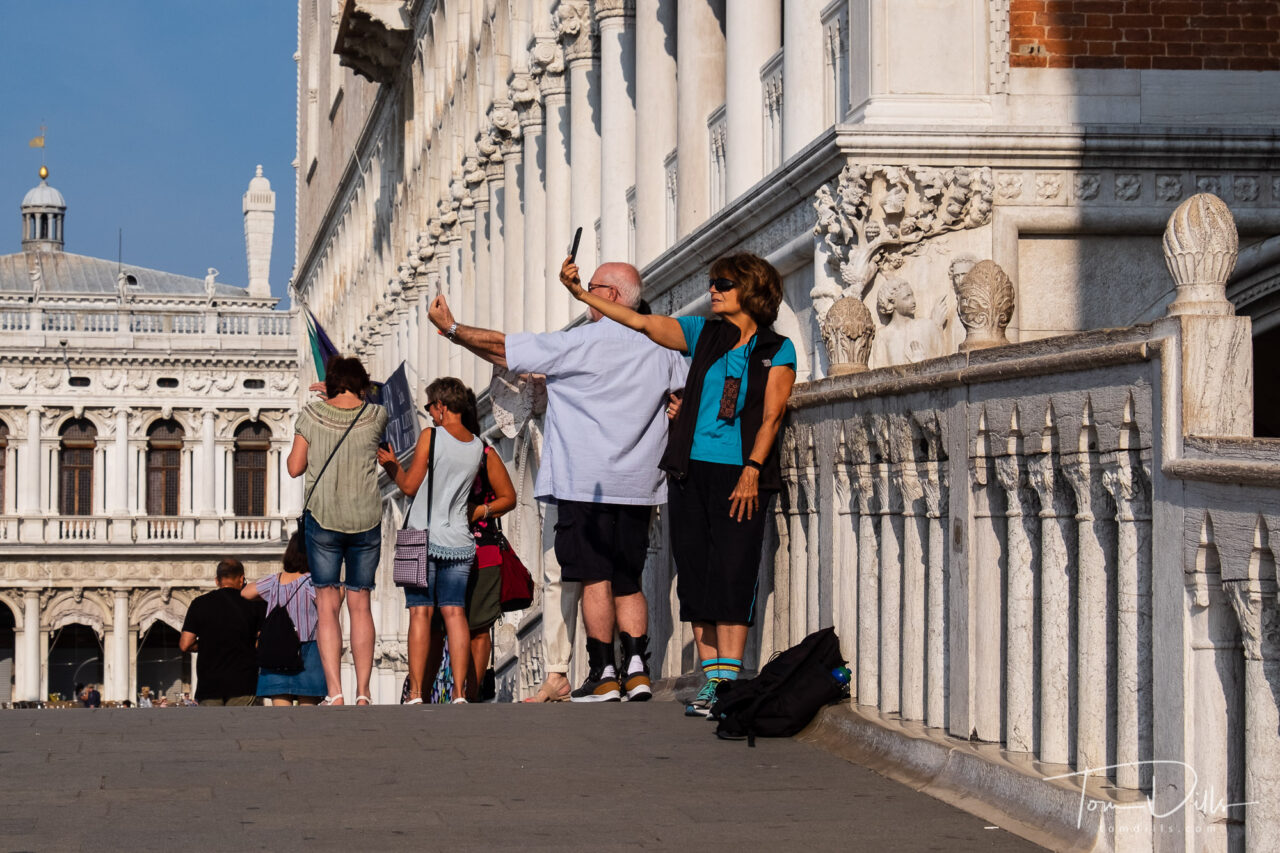

Wow, this post dredges up a lot of thoughts and things to consider.
All those great episodes in our lives only remembered thru a small viewfinder. I’m know I’m guilty on occasion. I used to have a small video camera and eventually transferred the tapes of my daughters to DVD to future-proof them. Yet, I haven’t watched them in ages.
I think I become more attentive to an experience when I see others doing what they’re doing in your photos and realize how much they’re missing; it reminds me to stop and experience rather than photograph.
You’ve once again delivered a collection of thoughts that will stay with me and I’ll mull them over throughout the day.
Thank you, Joe.
Unfortunately, not hard to find pictures of people taking pictures with their phones, hardly ever looking at them a second time – taking the photos … well, just because.
I, like you and Kathy, prefer the sweetness of the memory, even if not entirely accurate. A photo can spark a memory, which can certainly be enjoyable. I rather like to surf through my pics from time to time, but it is certainly no substitute for my memory.
Yeah, it’s kind of low-hanging fruit. But still makes interesting photos sometimes. I think the main thing is to remember to both look and photograph. One of the reasons why I sometimes feel like I would go to Yosemite without a camera – to just look and feel. But I’d probably take a camera too.
Well, of course! Be prepared!
Reminds me of trips to the museum in the digital age. Most people are contemplating the paintings on the screen of their cell phones instead of in ‘real life’. And then once they click the shutter and have that one captured they are on to the next. When I see this I really feel as if the phone / camera is an impediment to really seeing instead of the other way around.
Three years ago we were in the Musée d’Orsay and I was standing right in front of a Van Gogh self portrait feeling a bit amazed that I could stand there right in front of it and just take it in, when in pops in this middle-aged woman with her iPad. She leans in front of me, snaps a photo with her iPad and then off she goes, probably to capture another lopsided image of a masterpiece. I’ve stopped trying to figure it out.
Here in Charlotte we’ve recently had a couple of “virtual” exhibits, where the images are projected on screens. Sorry, but that just doesn’t interest me. What I think it comes down to in the situations you describe is that people are so concentrated on getting a photo of ‘the thing’ they forget to look at the actual thing. Frustrating, but also why I tend to not “chimp” on my camera. I have the camera set so the image stays in the viewfinder just long enough to confirm the exposure and framing, but then I move on. Getting hung up on ‘what just happened’ keeps us from looking at the ‘now.’